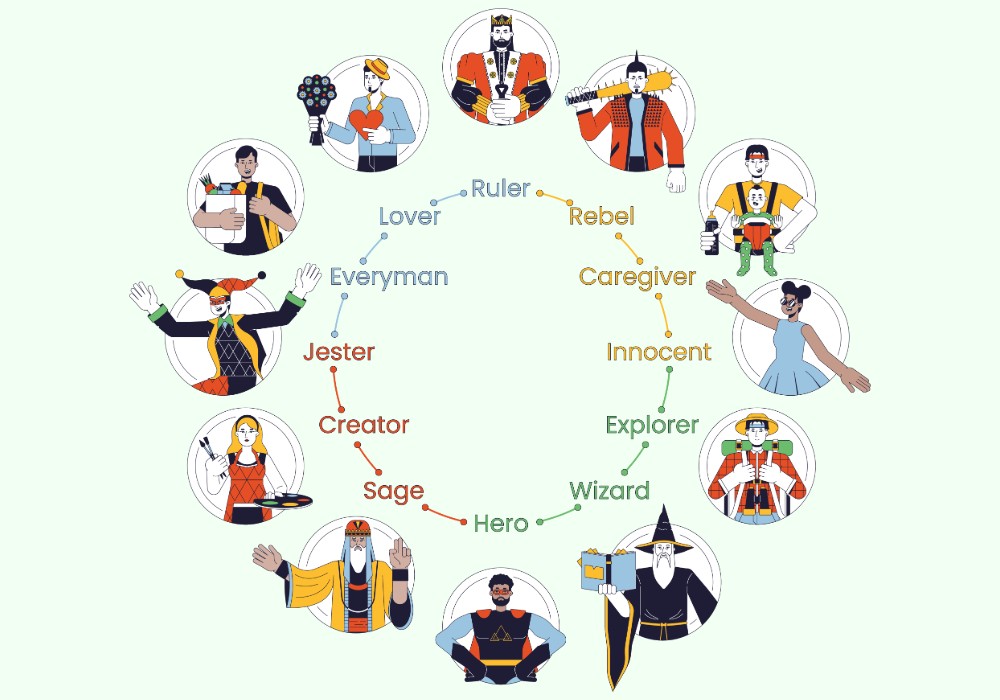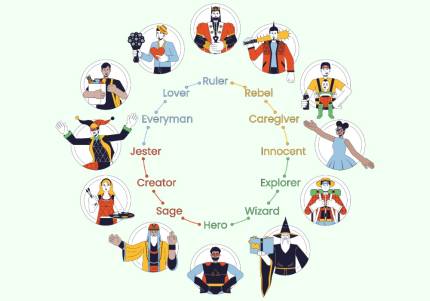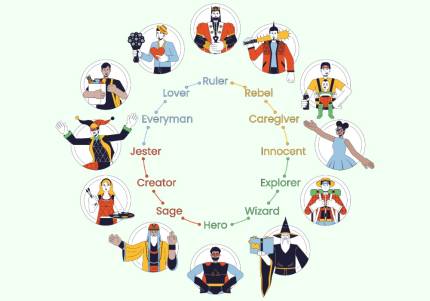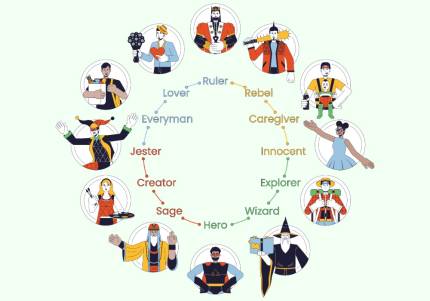Cultural Biases in Personality Typing Systems
- 15 May 2025

Personality typing systems have become ubiquitous tools for understanding human behavior, from workplace team-building to personal development. However, many popular personality frameworks contain inherent cultural biases that limit their universal applicability. These biases can significantly impact assessment accuracy and potentially reinforce cultural stereotypes when applied across diverse populations.
Western-Centric Development
The majority of widely-used personality assessment tools were developed within Western academic and psychological traditions, primarily in North America and Europe. This origin creates fundamental biases in how personality traits are conceptualized, measured, and interpreted.
- Individualism emphasis: Western tests often prioritize individual traits over collective identity
- Direct communication values: Assessments frequently reward assertiveness and direct expression
- Emotional display norms: Western frameworks may pathologize emotional restraint valued in other cultures
- Achievement orientation: Success metrics reflect Western capitalistic values
Cross-Cultural Validity Challenges
Research examining personality assessments across cultures reveals significant challenges to their universal validity. Even when translated linguistically, conceptual equivalence often remains problematic.
| Challenge | Impact | Example |
|---|---|---|
| Linguistic equivalence | Concepts may not translate accurately | "Assertiveness" having different connotations in Asian contexts |
| Response style differences | Cultural modesty or extreme response patterns | Tendency toward middle responses in East Asian cultures |
| Trait relevance | Important cultural traits may be missing | "Face" concepts absent from Big Five measurements |
| Normative interpretations | What's considered "healthy" varies culturally | Collectivistic behaviors sometimes scored as "dependent" |
Examples of Cultural Bias in Common Systems
Several popular personality typing systems demonstrate specific cultural limitations:
- Myers-Briggs Type Indicator (MBTI) - Emphasizes personal preferences independent of social context, reflecting individualistic values
- Big Five/OCEAN Model - Though more cross-culturally validated than many frameworks, still shows measurement variance across cultures
- Enneagram - Incorporates Western philosophical and religious traditions that may not resonate universally
- DISC Assessment - Rewards directive communication styles valued in Western business settings
Toward More Culturally Inclusive Assessments
Creating truly universal personality assessment tools requires fundamental shifts in approach. Emerging practices include:
- Culturally-derived trait taxonomies: Developing trait systems from within specific cultures rather than translating Western models
- Mixed-methods validation: Combining quantitative assessments with qualitative cultural context
- Indigenous psychology movements: Supporting locally developed psychological frameworks
- Context-sensitive interpretation: Providing cultural frameworks for understanding assessment results
Practical Implications
For practitioners and individuals using personality assessments across cultural contexts, awareness of these biases is essential. Best practices include using multiple assessment methods, involving cultural insiders in interpretation, and maintaining a critical perspective on universality claims.
Organizations implementing personality assessments should carefully evaluate the cultural assumptions underlying their chosen instruments and consider supplementary approaches when working with diverse populations. Educational efforts should acknowledge the Western origins of many psychological frameworks and encourage exploration of alternative cultural perspectives on personality development.
Conclusion
While personality typing systems offer valuable frameworks for understanding human differences, their cultural limitations deserve serious consideration. By acknowledging these biases and working toward more inclusive approaches, we can develop more accurate and respectful ways of understanding personality across diverse cultural contexts. The future of personality assessment lies not in finding one universal system, but in creating flexible, culturally-informed approaches that honor human diversity in all its complexity.



